Below are brief highlights from each talk.
Part 1: Postmodernity
In this first event, we explored the past 12,000 years to understand these major paradigms and their effect on the world. In the earliest civilizations, a hierarchy was established to explain the apparent dominance humans felt over animals and nature. This relationship led humans to believe that higher powers had dominance over them, thus creating the concept of religion -- the idea that we do not have complete power in this world. We understand this era now as the beginning of premodernity. This paradigm shifted during Enlightenment, where humans came to realize their power in the way the world was developed. The development of technology and large-scale societies gave the impression that humans controlled the world, not higher powers. The culmination of this paradigm led to the Industrial Revolution and the assertion of human will on the world, which we understand as the concept of modernity. A crisis in this paradigm came after the second World War, when humans were faced with the atrocities they created. Now, instead of seeing ourselves as the ultimate power in the world, we understand that we are part of larger systems. This decentralization of humans’ power in the world created the concept of postmodernity, where systems of relationships control the way the world operates.
These paradigms represent various approaches to the way humans understand their relationship to the world. Even though these concepts were developed sequentially, one paradigm should not be considered better than another. Each paradigm brings a unique perspective about the world and can be leveraged depending on the situation. Postmodernity can only be explained and utilized through our collective understanding of the paradigms before it.
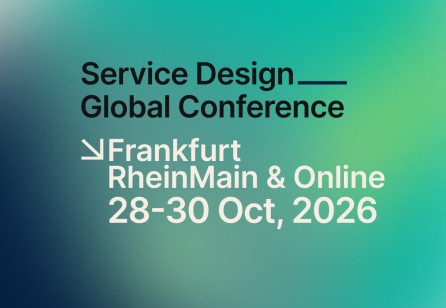


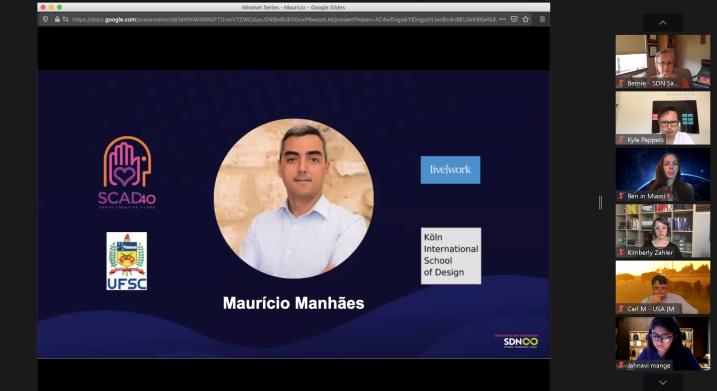
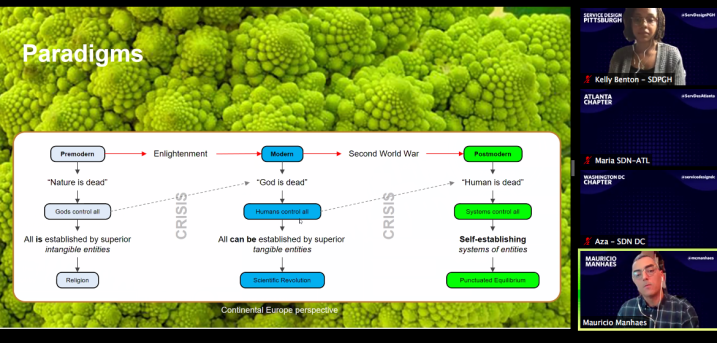
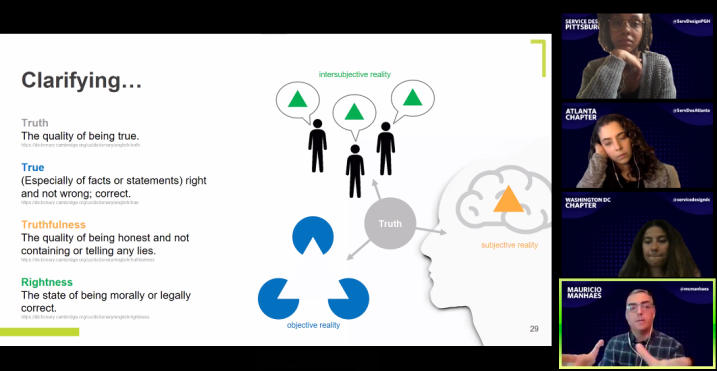
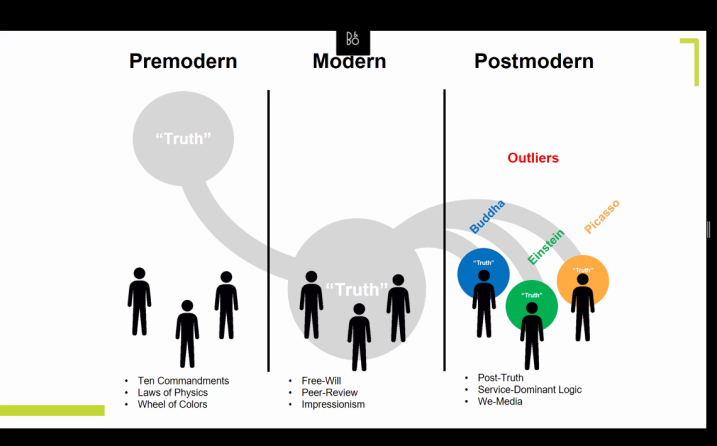

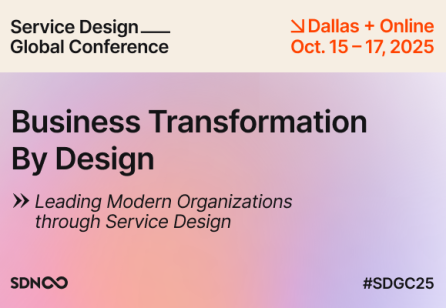
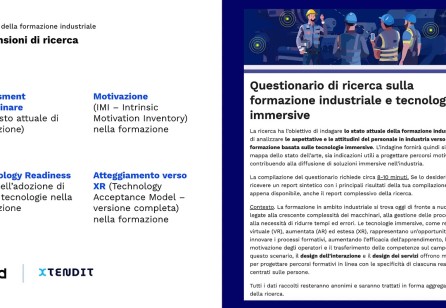

Share your thoughts
0 RepliesPlease login to comment